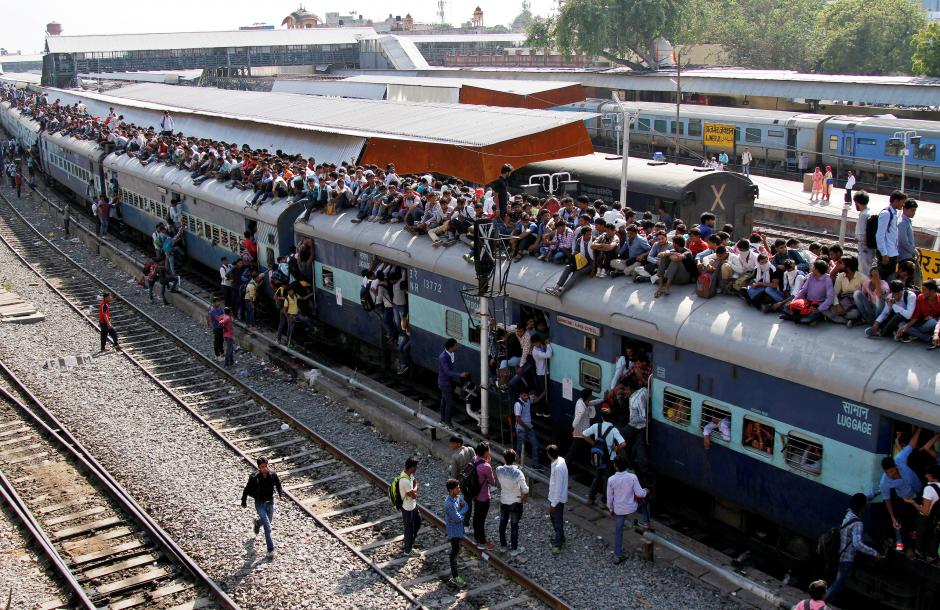New Delhi: Several crucial posts have been lying vacant in the Indian Railways for months, even as a few big-ticket reforms appear to have been put on the slow track.
The reforms, pushed forward by previous railway minister Suresh Prabhu, appear to have taken a back-seat while uncertainty over several vacant posts ranging from general managers and additional members to board members continues.
Big-ticket reforms including the ‘Railway Development Authority’ (a regulator to suggest tariff structures) and the firming up of a non-fare revenue policy are yet to see the light of the day.
Besides this, the long awaited station redevelopment project with a 99-year lease period, accompanied by a housing component, has not moved past the setback that various policy flip-flops dealt it.
Currently, seven top-level posts including five general managers, one director general and a Railway Board member are lying vacant.
“Delay in all these cases of appointment is broadly inexplicable and for unexplained reasons,” sources in the railways said, and added, “the functioning of general manager and railway board member are crucial for rail operation.”
According to the latest position, Railway Board Member Rolling Stock (MRS) is lying vacant since August 1, General Manager (GM) North Central Railway since August 1, GM Western Central Railway since July 1, GM South Eastern Railway since July 20, GM Rail Wheel Factory since July 14 and Director General of National Academy of Indian Railways since June 1 this year.
Another ‘additional member’ post has also been lying vacant for six months.
The national transporter’s well-established norms indicate that postings are expected to be processed one to three months in advance and orders issued before the vacancy arises.
The inability to take a decision in these cases shows a certain amount of policy paralysis, according to senior railway officials. The delay has deprived many officers of promotions while no reason has been given for it, sources said.
These officials have crucial roles to play, which include the August-review for budget, supplementary works due in September, preparations for the busy season starting October and the mid-year review.
The last time this sort of policy paralysis with regard to appointments was seen was in 2013, during the UPA-II government and in another pre-election year.
Little reform take-off
In April 2017, the Union cabinet headed by Prime Minister Narendra Modi had approved the setting up of the Rail Development Authority (RDA), which would primarily look into determining tariffs, ensuring a level playing field for stakeholder investment, setting efficiency and performance standards, and disseminating information.
According to the proposal, the regulator, headed by a chairman and comprising three members, would have a five-year term, and was empowered to engage experts.
However, the RDA plans have not made any concrete implementation progress for months, with sources saying it is unlikely to happen in a pre-election year.
Also, an earlier decision to increase earnings through non-fare revenue – which include advertisements on trains, stations, railway bridges and other assets, and by offering digital content to passengers – has also not gone beyond the proposal stage.
There has for some time been a need to focus on non-fare revenue, as losses in the passenger segment have crossed over Rs 30,000 crore.
Last week, The Wire reported how after initial apprehension – and back-and-forth between the prime minister’s office and the railways ministry – saw the transporter’s 100% electrification policy being approved.
Meanwhile, the Railways’ punctuality performance has also not been satisfactory of late. In fact, divisions in Uttar Pradesh have become some of the worst performers, with the punctuality rate of the Allahabad division plummeting to as low as 40.45% and Lucknow division at 43.87%.
Arun Kumar Das can be contacted at akdas2005@gmail.com
